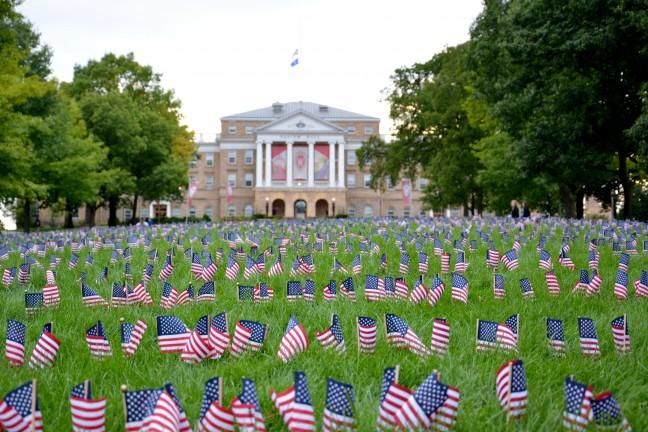It is painfully clear to most Americans now that the federal government was remarkably unprepared for the COVID-19 outbreak. Unlike Trump’s typical enemies, a disease claiming thousands of lives throughout the world is not something you can demonize, discredit and make disappear through an America-first rhetoric. That does not mean he has not tried, however, and it requires a different type of military response.
Blaming the virus on Chinese people does not prevent the realities of grandparents, parents, friends and other loved ones from dying. Due to the initially slow and unorganized response, between 100,000-200,000 people could die, thousands of Americans have or will lose their jobs, the stock market is in a downward spiral more dangerous than the economic crisis of 2008 and almost all aspects of modern living have been put on hold.
While containment and mitigation must be our focus, we should also keep the future in mind. Specifically, how to prevent future outbreaks such as COVID-19 from reaching pandemic status and strengthening our borders in the first place.
The answer is not to shut ourselves out, but rather the opposite. We live in a globalized world. Borders do not hold the same power they once did. The first and most crucial step in pandemic prevention is protecting and increasing public health-based U.S. foreign aid for developing countries. According to the United Nations, up to 75% of people in the developing world do not have access to basic sanitation necessities such as soap and clean water. Many of these nations are urbanizing and their congested cities have become perfect breeding grounds for communal spread.
Sure, stockpiling medical supplies and creating a national emergency response to pandemics are important, but the only definitive way to stop these epidemics from becoming pandemics is foreign investment and a way to do this is passing the Global Health Security Act, which would set a permanent response to supporting our global community in times of public health crisis.
Wisconsin State Sen. Ron Johnson has come under fire for denying the severity of the COVID-19 outbreak.
In late March, Johnson compared COVID-19 to car accidents saying that “we don’t shut down our economy because tens of thousands of people die on the highways.”
Even President Trump has criticized his response. While Wisconsin may seem removed from the epicenters of the virus in New York, Italy and China, we are not immune. In light of recent elections, Wisconsin voters should keep this in mind and remember that if we are at less risk than other parts of the world, then we have more of a responsibility to protect the vulnerable.
Politicians continue to use the war analogy to describe the pandemic. But, in war, there is an us vs. them mentality and a tendency to push others out and focus on our tribe. In this fight, there is no “them,” just an “us” — and “us” includes our international human community.
We are all people with the same fears and concerns. The choice is ours, and I hope we make the right decision because the only way to protect the human race, American people and our Madison community is by supporting the development of healthcare systems across the third world.
Jonah McGarvey (jonahm621@gmail.com) is a freshman studying political science.


